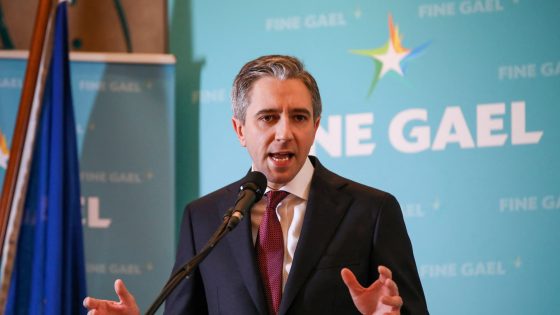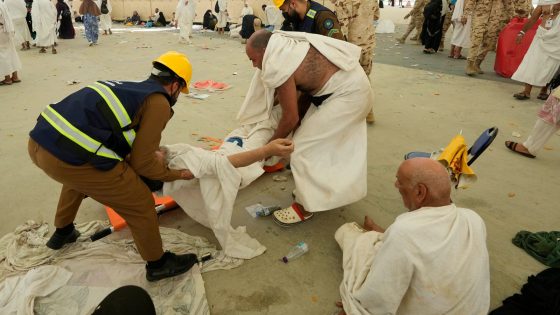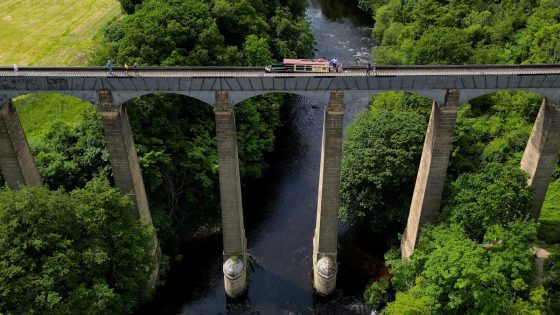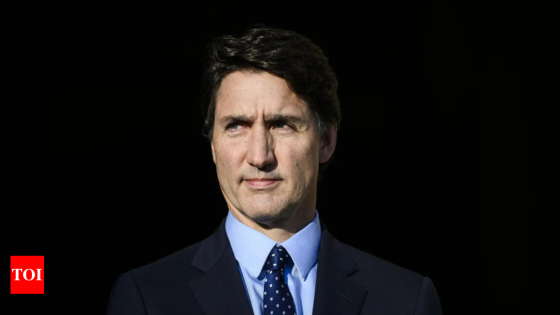Newly-declared Fine Gael leader Simon Harris speaking at a convention in Athlone, central Ireland on March 24, 2024, after becoming de facto prime minister-in-waiting. Harris took over following the shock resignation of predecessor Leo Varadkar.
Paul Faith | Afp | Getty Images
The Irish Parliament on Tuesday confirmed Simon Harris as the country’s new prime minister, making him the youngest-ever holder of the position.
Harris succeeds Leo Varadkar as Taoiseach â Irish for leader â following a 88-69 vote by lawmakers. He will be presented with his seal of office by President Michael D. Higgins Tuesday afternoon.
Varadkar announced his sudden resignation late last month, surprising the public and politicos alike.
Harris, formerly an education minister, ran unopposed to succeed Varadkar as leader of the center-right Fine Gael party. At 37, Harris will be the youngest-ever Taoiseach, taking that record from Varadkar who was 38 when he assumed the post in 2017.
In a speech after becoming presumptive Taoiseach-in-waiting, Harris said this was an opportunity for the party to “reset.”
“Under my leadership, Fine Gael stands for supporting businesses, especially small businesses… Fine Gael stands for supporting the family farm… Fine Gael stands for law and order, on the side of An Garda Siochána (police), where our streets are safe and crime is never allowed go unchecked,” he said, according to a Reuters report from a party event.
Political challenge
Fine Gael gained fewer seats in the 2020 election than its conservative rival Fianna Fáil, the other dominant power in Irish politics.
Sinn Féin â running on a platform that included working for unification with Northern Ireland and solving the country’s severe housing crisis â doubled its vote share from 2016 to win the popular vote, according to the Irish Times.
Fine Gael held onto power by entering into a coalition with Fianna Fáil and the Green party.
Harris will have limited time to settle in before heading into an election campaign in which Sinn Féin is likely to emerge as the favorite. A vote must be called by 22 March next year, and all opposition parties have demanded one following Varadkar’s departure.
Housing is the “obvious challenge” facing Harris, Shana Cohen, director of Irish think tank TASC, said by email, along with “access to health services, meeting carbon emissions targets, and navigating the increasing visibility of the far right.”
Choppy growth
Harris faces an economy whose growth slowed considerably in 2023, ING notes, and which has long raised concerns over its high reliance on multinational corporations.
“With an election in the next 12 months, [Harris’s] focus will be on delivering tangibles including on housing and most likely income tax reductions as part of the budget to be announced in the Autumn,” Diarmaid Sheridan, senior analyst at Davy Research, said by email.
“Foreign direct investment, particularly from American companies, has been the key driver of economic growth in the past decade. That will not change but Harris has indicated that measures will be required for smaller indigenous business who have been impacted by inflation and increased structural cost burdens from increased minimum wages,” Sheridan said.
This support could include VAT reductions or rebates, but these would be temporary measures that may not address structural factors, he added.
In a March report, the Economic and Social Research Institute forecast growth across all main economic activity indicators in 2024 and 2025, and a return to growth in real incomes. It also flagged existing challenges from cost of living, and a threat from geopolitical tensions and infrastructure bottlenecks in a “small open economy with a very large multinational component.”
Source Agencies




